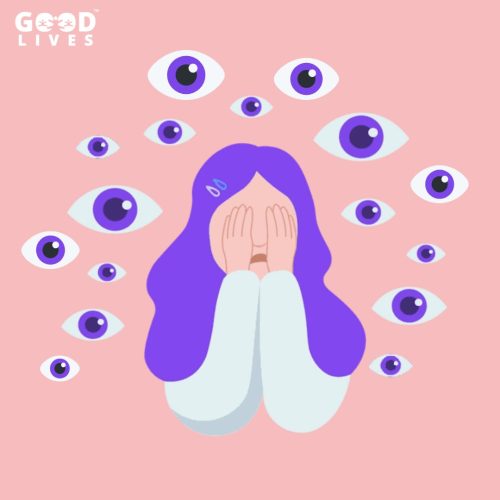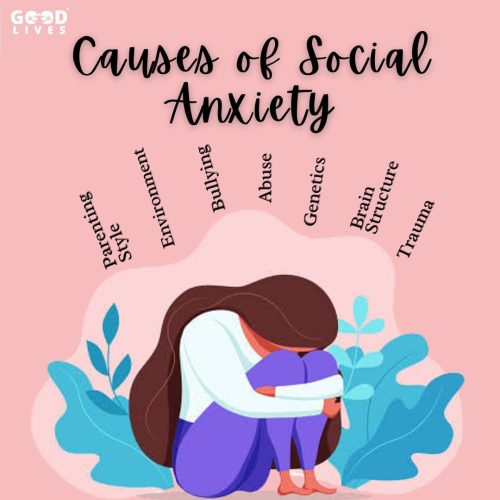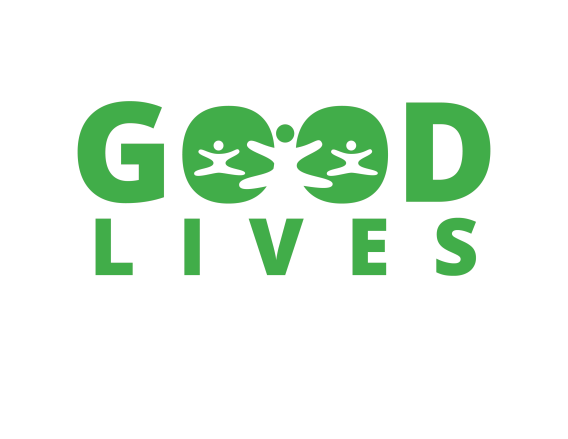Definition of Social Anxiety

When the room is too big for you, and you’re surrounded by so many thoughts that you feel like a tiny voice in your head is telling you that you’re not good enough to be here.
You’re so nervous that people can see it, and they’re undoubtedly judging you in their heads. You feel so rigid that it starts to eat you.
People with social anxiety are afraid of or apprehensive about social situations. Anxiety is a fear that occurs in anticipation of an event, whereas phobia is an unreasonable fear of specific items or situations. Social anxiety is also known as social phobia. Shyness and social anxiety are not the same things.
It is when you are so self-conscious and worried that you are unable to socialize. It’s the continual sense of being “on stage.” That you may do something embarrassing or humiliating, and one of the key symptoms you will experience is the fear of being judged by others or finding you lacking in some way.
How to Overcome Social Anxiety?
- Create awareness: You will gradually discover the triggers that cause your social anxiety; if you create awareness and recognize where your thoughts come from, you can confront those intrusive thoughts.
- Engage in relaxation techniques: The best relaxation technique is deep breathing.
- Try Yoga: As social anxiety creates cognitive, physical, emotional, and habitual sensations, Yoga may help you relax your body and mind, refocus on things, and move your attention away from intrusive thoughts.
- Set goals: Set some realistic goals for yourself; for example, going out with your friends’ goals will help you figure out where you want to go and steer you in the right direction, and don’t forget to reward yourself when you achieve your goals.
- Making art: Art is an effective method to de-stress. It absorbs you into focusing solely on the art and moves your attention away from bad ideas, diverting your attention away from negative thoughts. It might be tough to express your feelings at times. You can always illustrate that through your art.
- Therapy: To combat social anxiety, you can attempt a variety of treatments for social anxiety. The most common of which is cognitive behavior therapy (CBT). CBT helps you notice your intrusive thinking patterns and offers you tools to modify them. Systematic guided exposure entails gradually exposing you to social situations that make you apprehensive and anxious until you no longer fear them.
Meditation and yoga help in calming social anxiety How to Meditate-Ultimate Guide for Beginners (2021) to know more!
Social Anxiety Disorder Symptoms
Social anxiety disorder can have adverse effects on the body and mind resulting in physical, emotional, and behavioral symptoms.
- Anxious about everyday tasks: Every time you leave the house, it makes you nervous. Meeting new people, establishing discussions with others, talking on the phone, or doing a task in which a crowd of people is present, such as going shopping at a mall.
- Avoiding and fearing social activities: You get claustrophobic in crowds. You have the impression that everyone is watching you. You are uncomfortable and nervous in the presence of others. People who suffer from social anxiety go to great lengths to avoid social situations. It might include refusing to participate in group activities or joining a college society because you are afraid to socialize.
- Physical symptoms: Blushing and excessive sweating, trembling, nausea, and increased heart rate.
- Experience panic attacks: You can have a panic attack in public, which can be terrifying. You will experience symptoms such as sweating, shaking, difficulty breathing, and a sensation of dread. This sensation can last anywhere from a few minutes to an hour, depending on how intense it is.
- A crippling fear of being criticized: You develop a fear of being criticized, which leads to low self-esteem and impacts your interpersonal skills, such as making bad eye contact, close body language, and avoiding people.
- Feeling as if you’re being judged and scrutinized: You get the impression that everyone is continuously watching and judging your every move. As a consequence of your nervousness in public places, you may become cautious, distant from people, and find it tough to finish activities.
- Making worst-case scenarios: Thinking about all the worst things that may happen to you and visualizing all the worst scenarios in your head can heighten your anxiety and contribute to panic attacks.
Covid-19 has caused more anxiety. Peoples are afraid of gathering in this outbreak. Read COVID Anxiety|Free Therapy & 6 ways to Heal to know more!
What Causes Social Anxiety?

Did you know?
Social anxiety disorder (SAD) is one of the most prevalent anxiety disorders. Affecting 15 million individuals in the United States each year, according to the National Comorbidity Survey. That equates to about 7% of the US population.
It is unknown what causes social anxiety disorder. However, a mix of genetic and environmental variables is considered to be involved. You are more likely to develop social anxiety disorder if you have close relatives who have social anxiety or if you have a history of abuse, bullying, or taunting. Children who are raised in controlling or overprotective households can develop social anxiety.
